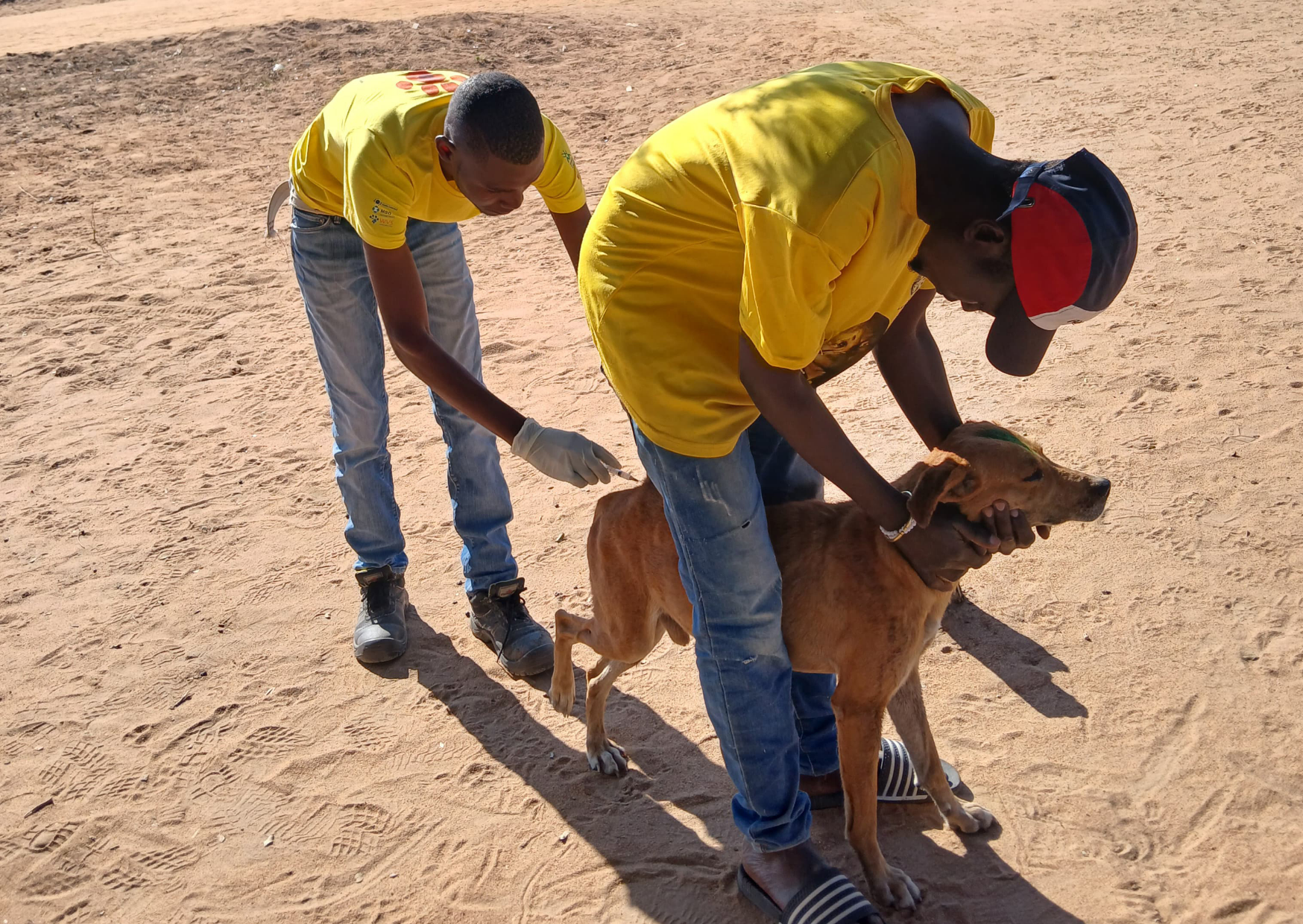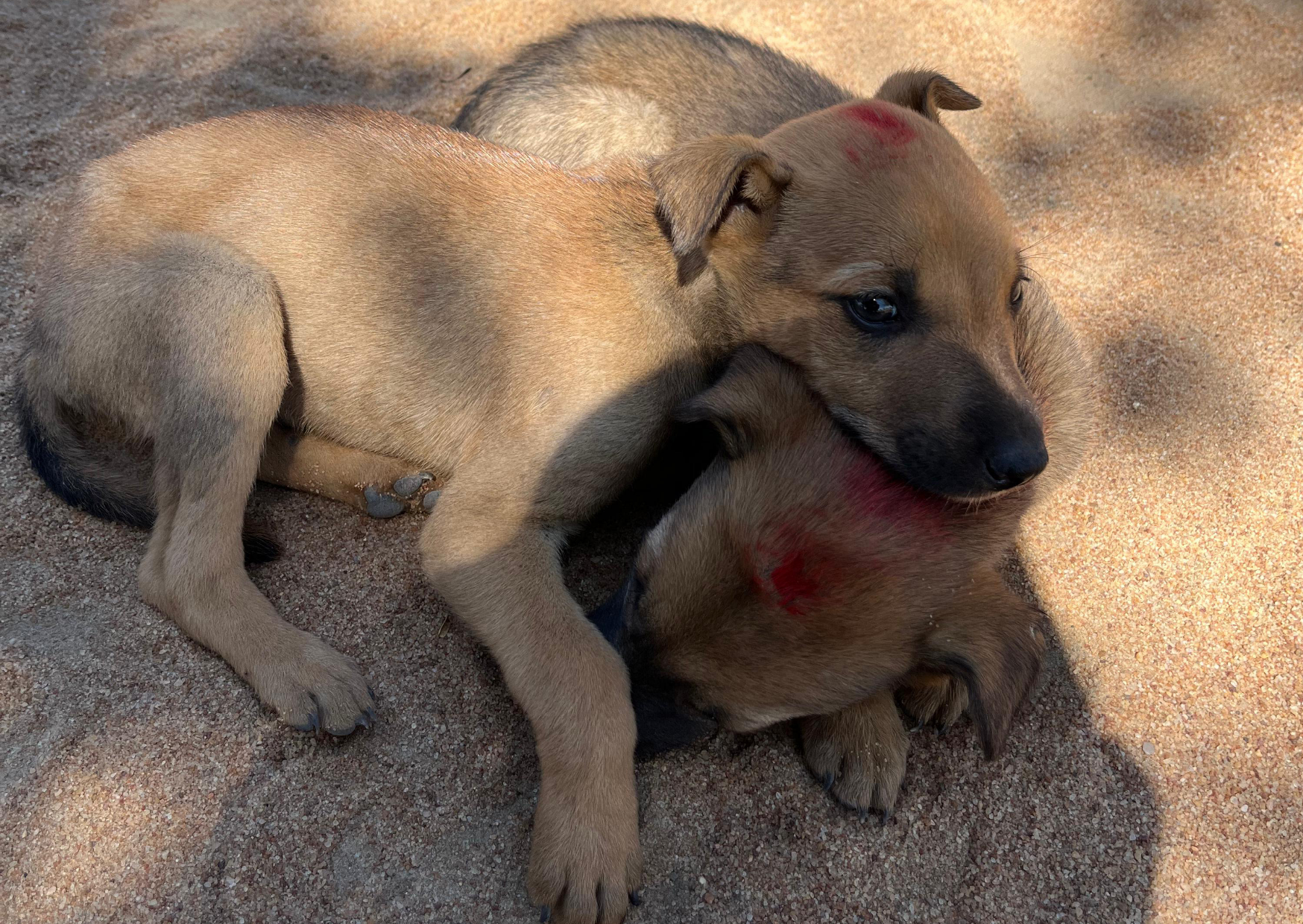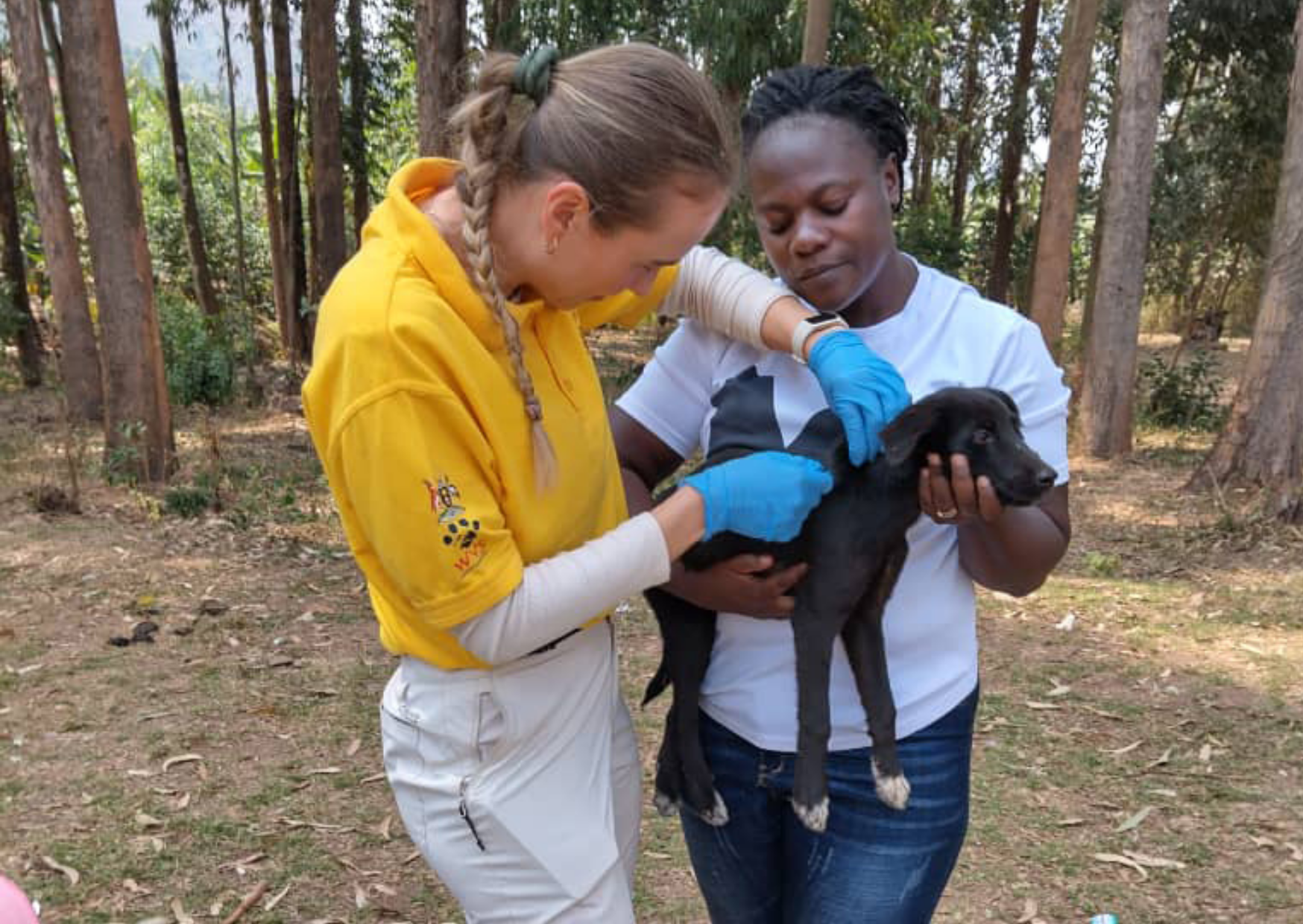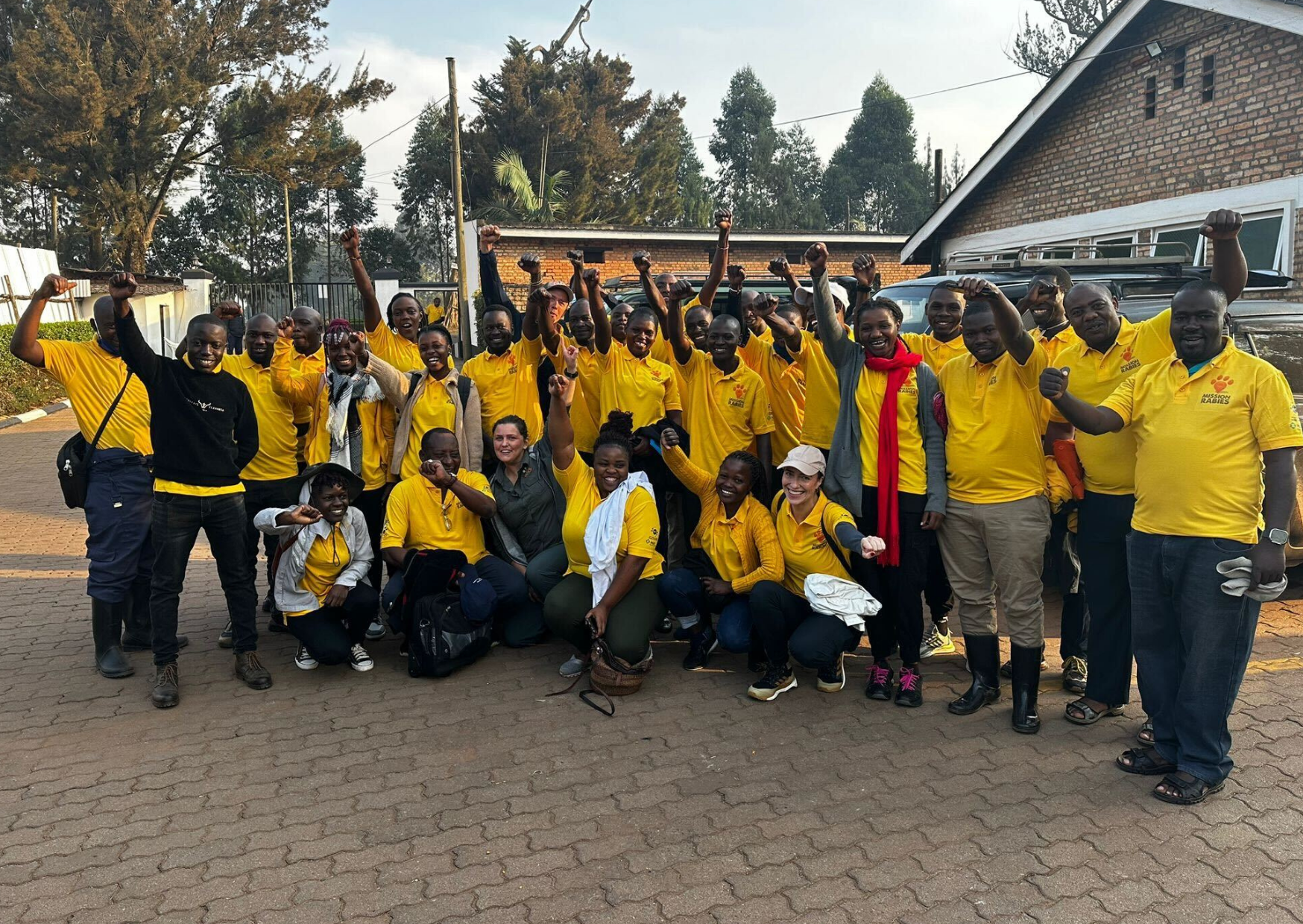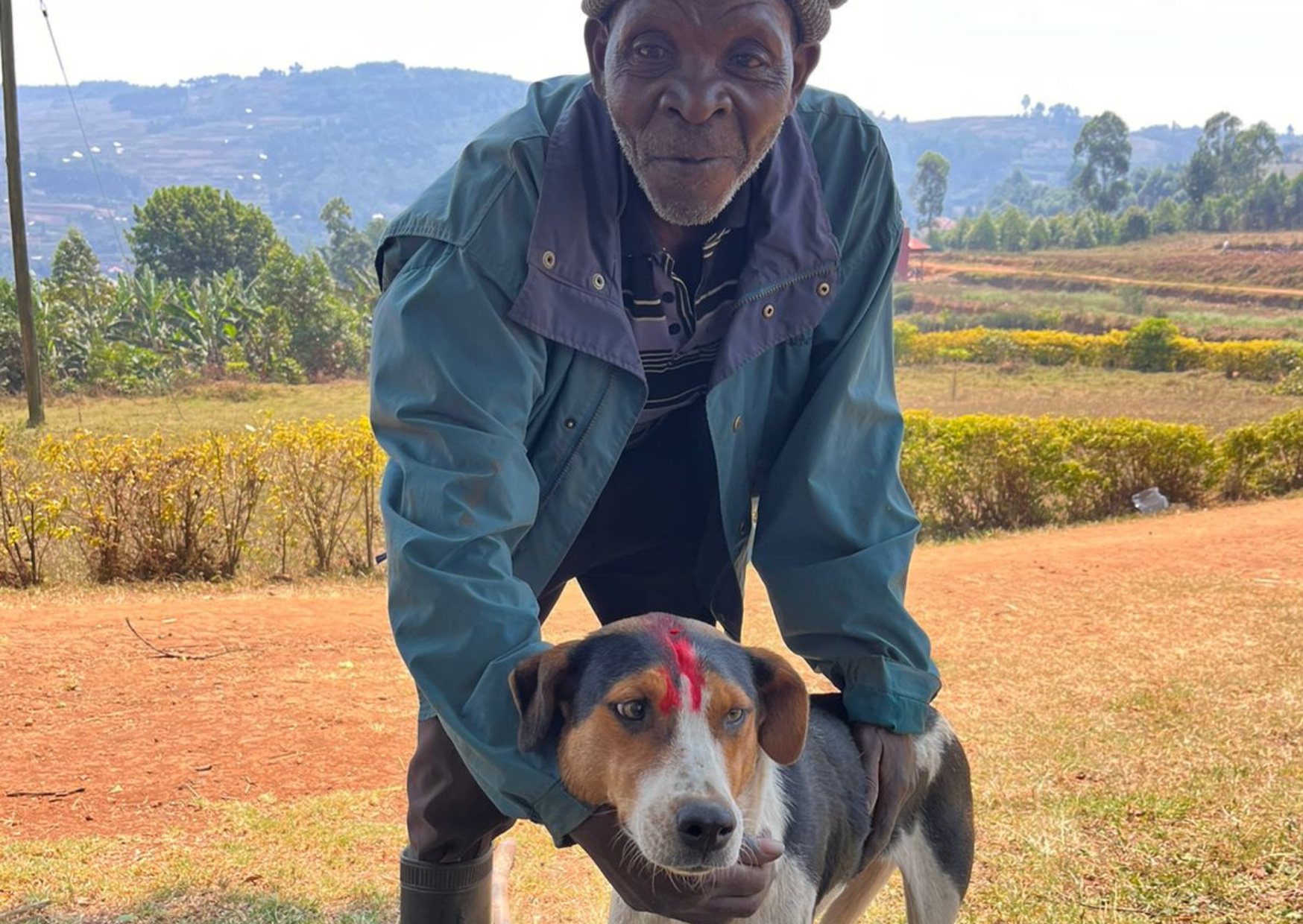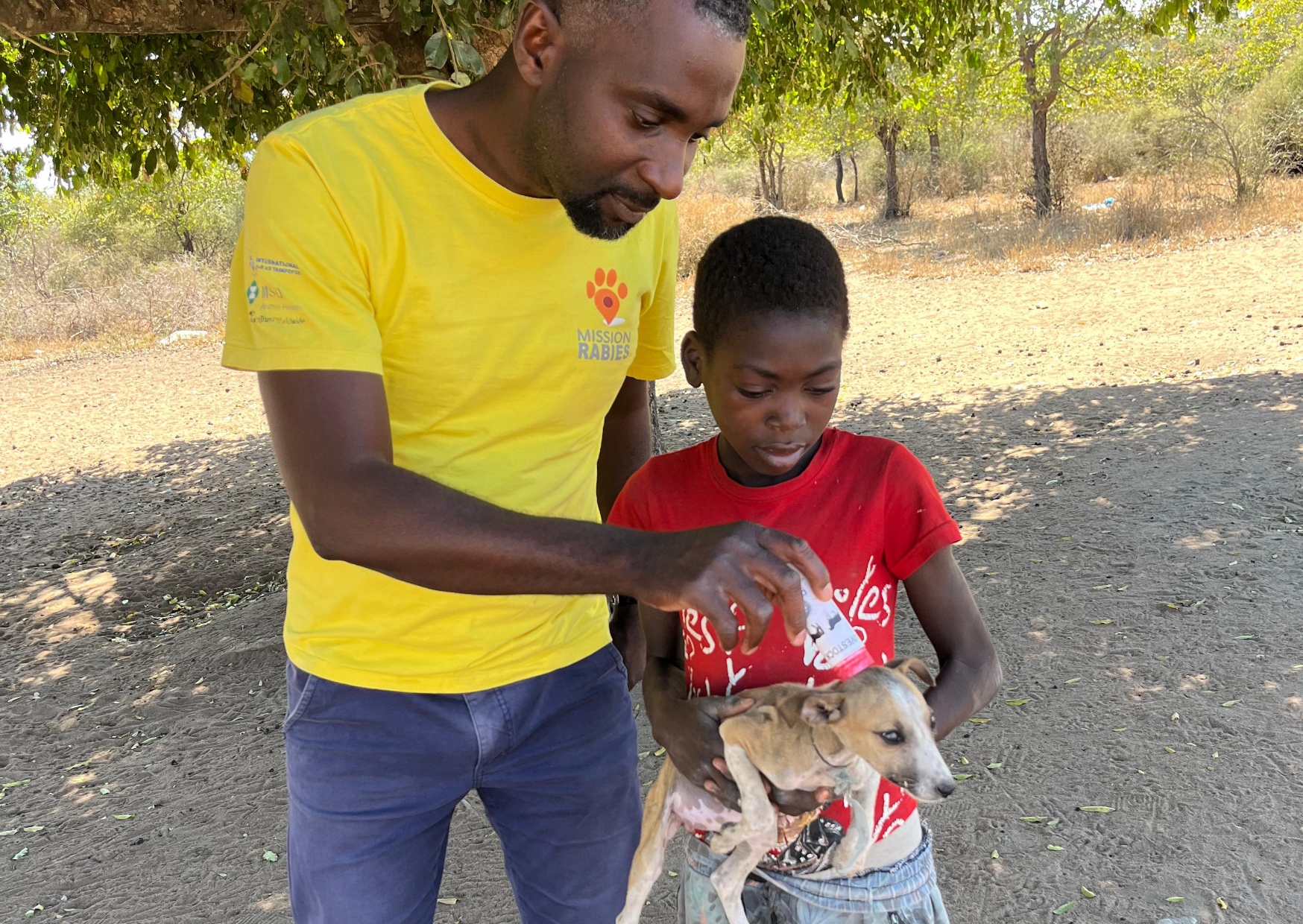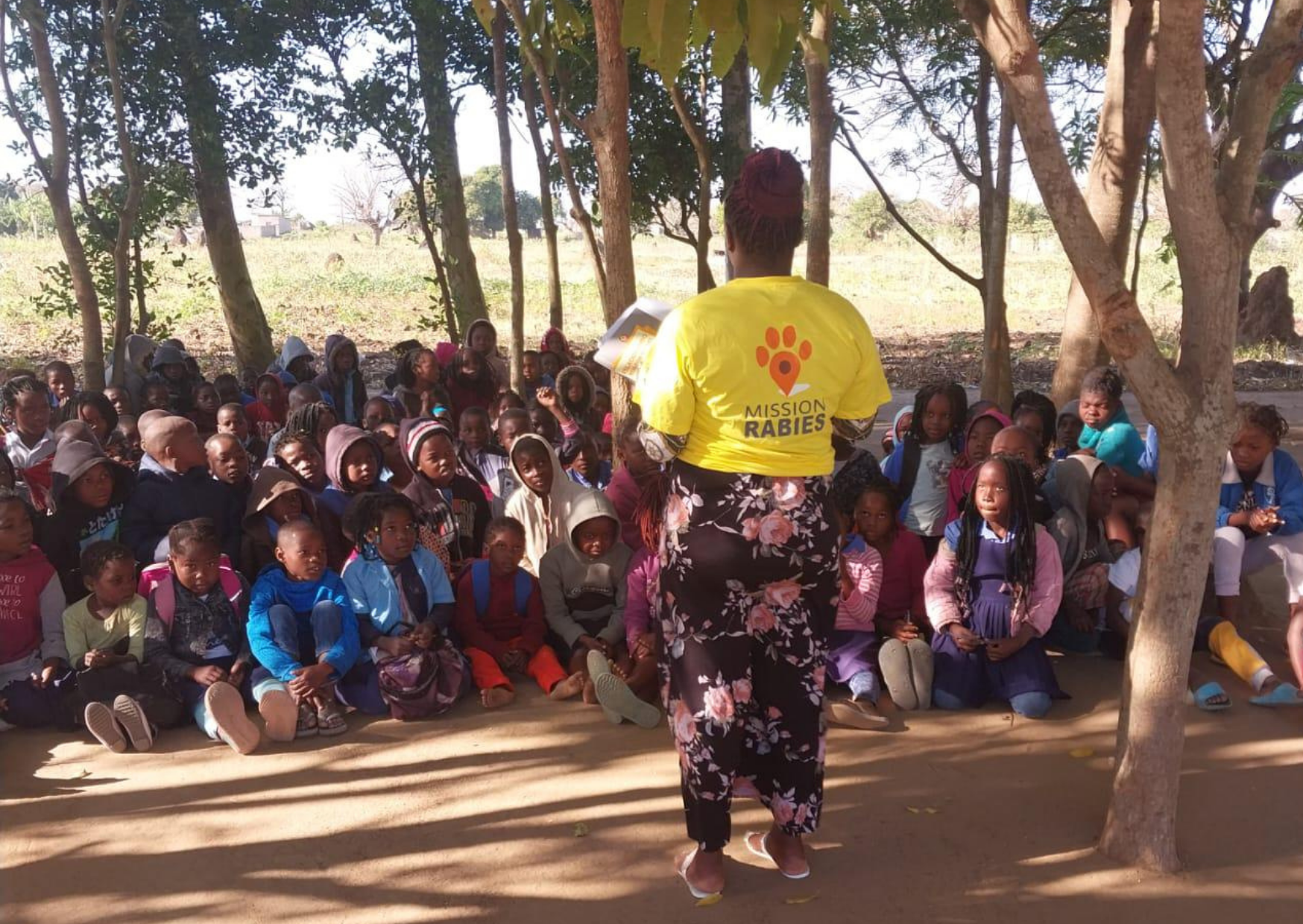Stopping rabies at the source
Rabies: A deadly threat
Globally, rabies still claims the lives of more than 59,000 people each year, with 40% of all human rabies deaths being children under 15 years old. It’s one of the world’s deadliest and oldest known diseases. A disease so dangerous that once symptoms have developed, it is already too late. Death is certain. Despite being vaccine-preventable, it still causes unimaginable pain and suffering today. Infected dog bites are the main cause of rabies in people and studies have proven that mass canine vaccination programmes are the most effective way to control the disease.
Update on our global projects
With 99% of human rabies cases being caused by an infected dog bite, we have the power to change this; by taking a One Health approach we can protect people and animals from the devastation of rabies. Around the world our teams are working to end rabies through canine vaccination campaigns, education programmes in communities and schools, and surveillance systems to respond to suspected rabies cases.
Uganda
We have been working in Uganda since 2015, across several project regions. Initially, we worked amongst the communities of Murchison Falls National Park, we then identified the need to protect the communities surrounding Bwindi Impenetrable National Park, as well as the park’s resident endangered Gorilla population after reports of human and canine rabies deaths in the area. In August our teams vaccinated 2,885 dogs within Kabale, Rukiga and Rubanda Districts in the Southwestern region of Uganda. We worked in collaboration with the Ministry of Agriculture, Animal Industry and Fisheries (MAAIF) and Kabale District Veterinary Office. This vaccination project was a huge collaborative effort, and we are grateful for our project partners, volunteers, and team members who made this possible. Alongside this, our experienced educators conducted an education campaign, visiting schools to give crucial lessons to children on how to protect themselves from rabies and avoid dog bites. Over just four days these messages were delivered to 55,779 children in 172 schools.
Ghana
Over a third of global rabies deaths occur in Africa, with sub-Saharan African countries bearing the highest per capita death rates. We have been working in Ghana since 2018, where we responded to a significant increase in recorded dog bites in the Bosomtwe district with a pilot vaccination campaign. Since then, we have continued to grow the programme in Bosomtwe district as well as deliver life-saving support in Kpone Katamanso municipality in the Greater Accra Region. In addition to vaccination drives, we have also been working in schools to deliver rabies prevention lessons.
Mozambique
Rabies is a significant public health risk in Mozambique – causing more than 1,300 deaths every year, with the real toll likely to be far higher as most outbreaks are underreported, and rabies vaccines are unaffordable for most people. In 2021, we formed a partnership with the local government and Eduard Mondlane University to conduct a proof-of concept vaccination campaign in the Massingir district. We have continued our vaccination campaigns in Mozambique and launched our education programme in 2023, providing children with crucial information on rabies prevention. In August and September, our teams returned to Mozambique to set up static point vaccination clinics across the Guija and Chokwe districts, and to deliver an education campaign. In total, 5,122 dogs were vaccinated and over 50,000 children were educated.
Help provide life-saving protection to communities
Volunteers are crucial in our mission to end rabies. We are recruiting for volunteers to join us in Mumbai, India in 2025, find out more information here. As well as Mumbai, we have other projects in 2025, sign up to be the first to hear when applications for these campaigns open.
